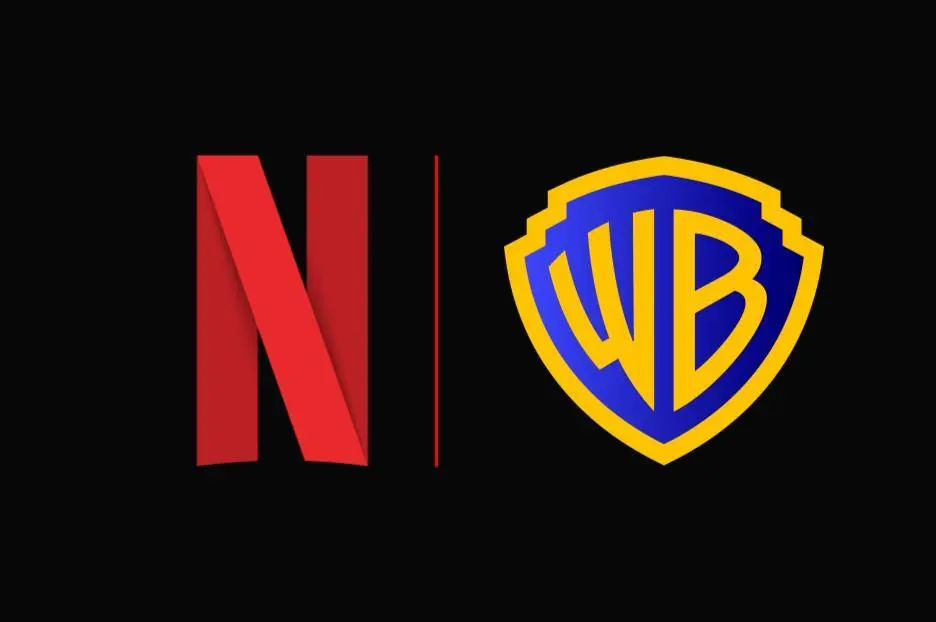The Curse of the Notification

Jan 31 | 2017

9:00am. The emails are flying, the texts are buzzing, and the messages from all of your various productivity apps are pinging off the hook. 9:00am is a lot different today than it was in the past, where the only notifications we received were by word of mouth or letter. But in our modern world, it can easily seem like we’re all on fast-forward. So how are we supposed to manage all of our daily, hourly, and minutely communications? Notifications.
Notifications were designed to help us out. According to common belief, it was first Blackberry who used push notifications for email in the early aughts, and then Apple was short to follow. The point was to make it easier to know when we needed to be reached, immediately. With a ding or a buzz, we were ready to react to any message as if it were an emergency.
But the fact is, fortunately, not every message, email, or text is an emergency. So why do we need to be notified immediately? Are we afraid that there is a 5-second response deadline for even the most banal of messages? We all have to just relax. And it’s for a very important reason.
Notifications, while seemingly convenient, are massive sources of distraction. According to a study by Gloria Mark of the University of California, Irvine mentioned in The New York Times, “a typical office worker gets only 11 minutes between each interruption, while it takes an average of 25 minutes to return to the original task after an interruption.”
Though the research on how well we can focus and produce quality work is less abundant, it makes sense that these constant interruptions inhibit our productivity. Whereas speed is a valuable skill these days, long-term quality and efficiency will be sacrificed.
We suggest putting your phone on “do not disturb” mode and designating times throughout the day to check it occasionally. Instead of checking your email every time your inbox fills, use the same strategy. The more stimuli that floods our minds, the less we can devote ourselves to one task at a time.
For more tips on how to increase your productivity, read this.










